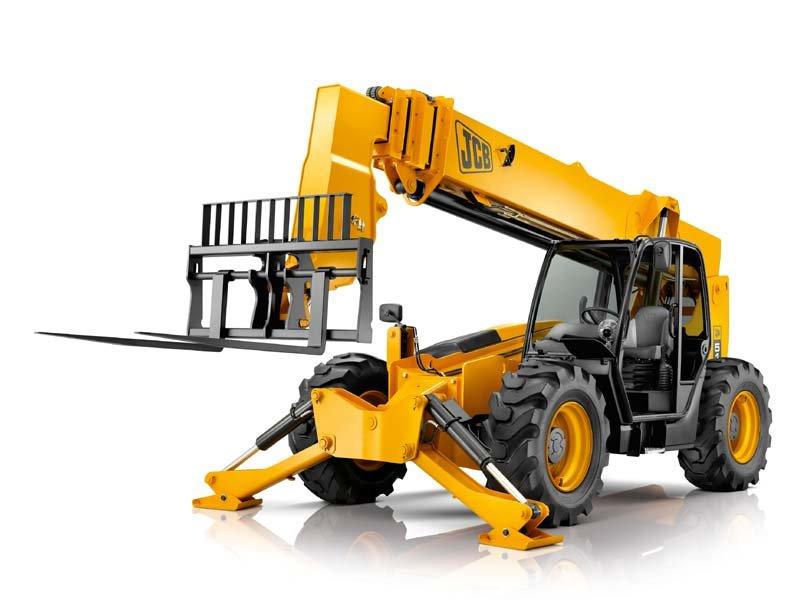Scissor Lift Rental: Safe and Effective Raising Solutions
Scissor Lift Rental: Safe and Effective Raising Solutions
Blog Article
Optimize Your Spending Plan by Comprehending the Costs Related To Construction Tools Leasings
Recognizing the full range of expenses linked with construction equipment leasings is critical for maximizing your budget plan. What methods can be used to effectively manage these expenses and make sure an extra reliable rental experience?
Overview of Rental Prices
When considering building and construction equipment services, understanding the linked costs is extremely important for effective budgeting and task planning. Rental expenses can vary substantially based on numerous elements, consisting of devices kind, duration of service, and location. The preliminary rental cost frequently mirrors the equipment's market demand and its associated functional capabilities, affecting the general expenditure.
In addition to the base rental price, secondary costs may emerge, such as transportation charges, gas additional charges, and maintenance fees. It is vital to account for these extra expenditures to properly assess the overall expense of leasing tools. Furthermore, the rental period can impact rates; longer leasings may certify for reduced rates, while temporary leasings might incur higher daily fees.

Malfunction of Rental Rates
An extensive understanding of rental rates is essential for contractors and project supervisors intending to enhance their spending plans. Rental rates for construction equipment typically contain numerous elements, including base prices, time-based fees, and usage fees.
Base prices are the core fees connected with the leasing of the tools, usually figured out by the type and dimension of the equipment. These rates can differ dramatically, affected by factors such as tools demand, availability, and local market patterns. Time-based charges, which might be daily, weekly, or monthly, serve to suit different task timelines and rental durations.
Additionally, rental prices may consist of usage charges, which are appropriate when equipment is used beyond a defined limit, making sure that the rental company can make up deterioration. Seasonal need changes can additionally impact rental prices, with peak building periods generally regulating higher costs.
Moreover, comprehending the rental firm's policies pertaining to upkeep and insurance coverage can give further understanding right into the overall expense framework. By evaluating these parts, service providers can make informed choices, ensuring the selection of rental devices aligns with both job needs and budget restrictions.
Added Costs to Consider
Understanding the complexities of extra charges is important for service providers to handle their total service costs successfully. Past the standard rental rates, various supplemental fees can substantially affect the overall cost of equipment rental. These fees frequently include delivery and pick-up costs, which can differ based on distance and logistics associated with transporting the equipment to and from the work website.
Furthermore, some rental companies may enforce gas surcharges if the equipment is returned with much less fuel than when rented. It is also important to be mindful of possible cleaning fees, specifically for specific equipment that calls for detailed upkeep after use.

Extensively evaluating the rental agreement and clearing up these additional costs upfront can aid professionals guarantee and stay clear of unexpected prices that budgets continue to be intact throughout the job lifecycle.
Upkeep and Fixing Expenses
Routine repair and maintenance expenditures are frequently forgotten elements that can dramatically influence the general price of construction devices services. When renting devices, it is crucial to think about not just the rental costs but likewise the possible prices associated with keeping the equipment in optimum operating problem.
Many rental companies consist of basic maintenance as component of the rental agreement; nonetheless, much more unanticipated breakdowns or comprehensive repair services can bring about added expenses. It's necessary to examine the rental agreement meticulously to recognize what upkeep solutions are covered and what responsibilities fall on the renter.
Furthermore, equipment that is not well-maintained can result in ineffectiveness at work site, potentially enhancing and causing delays project prices. To minimize these threats, it is suggested to perform routine assessments and preserve open communication with the rental service provider regarding any concerns that emerge throughout use.
Insurance and Liability Prices
Insurance policy and obligation costs are crucial components that can dramatically influence the general expense of building and construction tools leasings (forklift rental). These expenses ensure that both the rental see here now firm and the client are protected from possible monetary losses arising from mishaps, damage, or burglary during the you can check here rental duration

In addition, clients need to know any type of deductibles or exemptions in the insurance coverage, as these can influence potential out-of-pocket costs. Recognizing the conditions of any type of insurance policy protection is important to prevent unanticipated costs. Eventually, budgeting for insurance policy and liability expenses can assist make certain a smoother rental experience and safeguard against monetary threats associated with building jobs.
Verdict
In verdict, a detailed understanding of the expenses associated with building and construction tools leasings is vital for effective spending plan monitoring. Eventually, informed decision-making pertaining to devices rentals adds to the total success of building endeavors.
Rental prices can vary considerably based on numerous variables, consisting of equipment kind, duration of service, and place (dozer rental). The rental period can affect pricing; longer leasings may certify for discounted rates, while temporary rentals may incur greater day-to-day fees
By performing complete research and involving with respectable rental firms, specialists can effectively navigate the intricacies of rental pricing, eventually optimizing their financial sources.
Past the conventional rental prices, various auxiliary charges can substantially influence the total expense of tools rental. Rental business usually offer responsibility insurance that covers injuries to 3rd events or damage to residential property, while equipment damage insurance coverage can cover the price of repair work or substitute if the rented out equipment is damaged.
Report this page